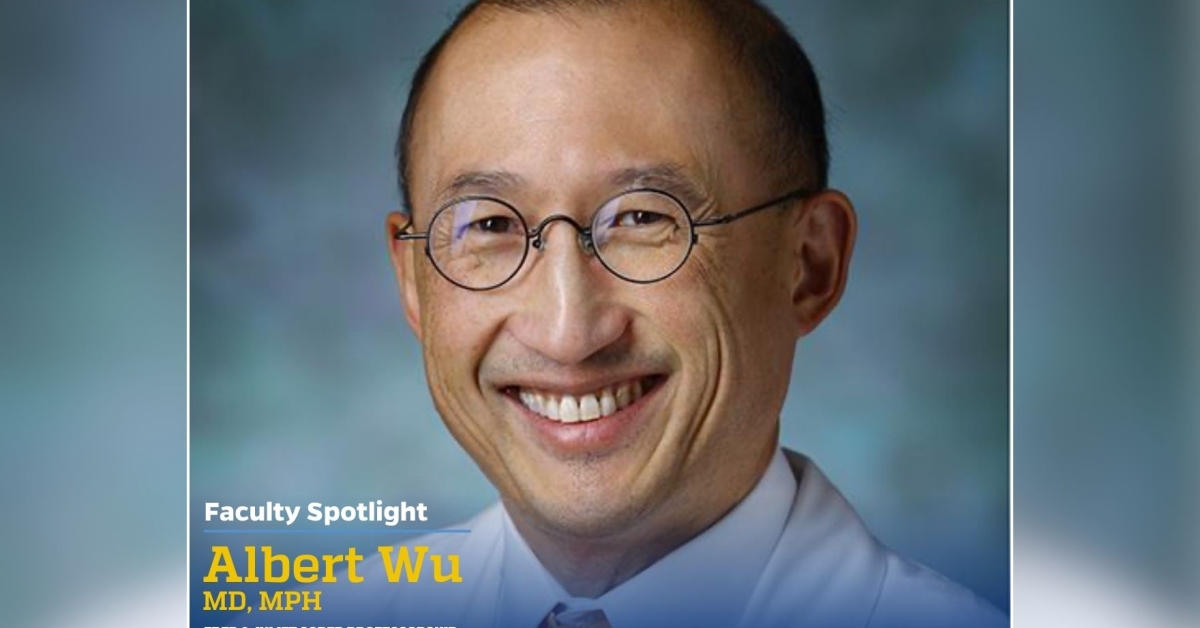Breaking Barriers: One Doctor's Mission to Restore Humanity in Modern Medicine

Dr. Wu is passionately committed to transforming healthcare through a deeply human-centered approach. Her vision extends far beyond traditional medical practices, focusing on three critical pillars of compassionate care. First, she champions patient empowerment by amplifying individual voices and experiences. Second, she dedicates herself to supporting healthcare workers, recognizing them as the heart of the medical system. Finally, Wu is committed to addressing community health needs that reach well beyond hospital boundaries, ensuring comprehensive and holistic care for all.
By prioritizing empathy, connection, and systemic understanding, Dr. Wu is pioneering a more inclusive and responsive healthcare model that puts people at the center of medical practice. Her approach represents a profound reimagining of healthcare—not just as a service, but as a collaborative, compassionate journey of healing and support.
